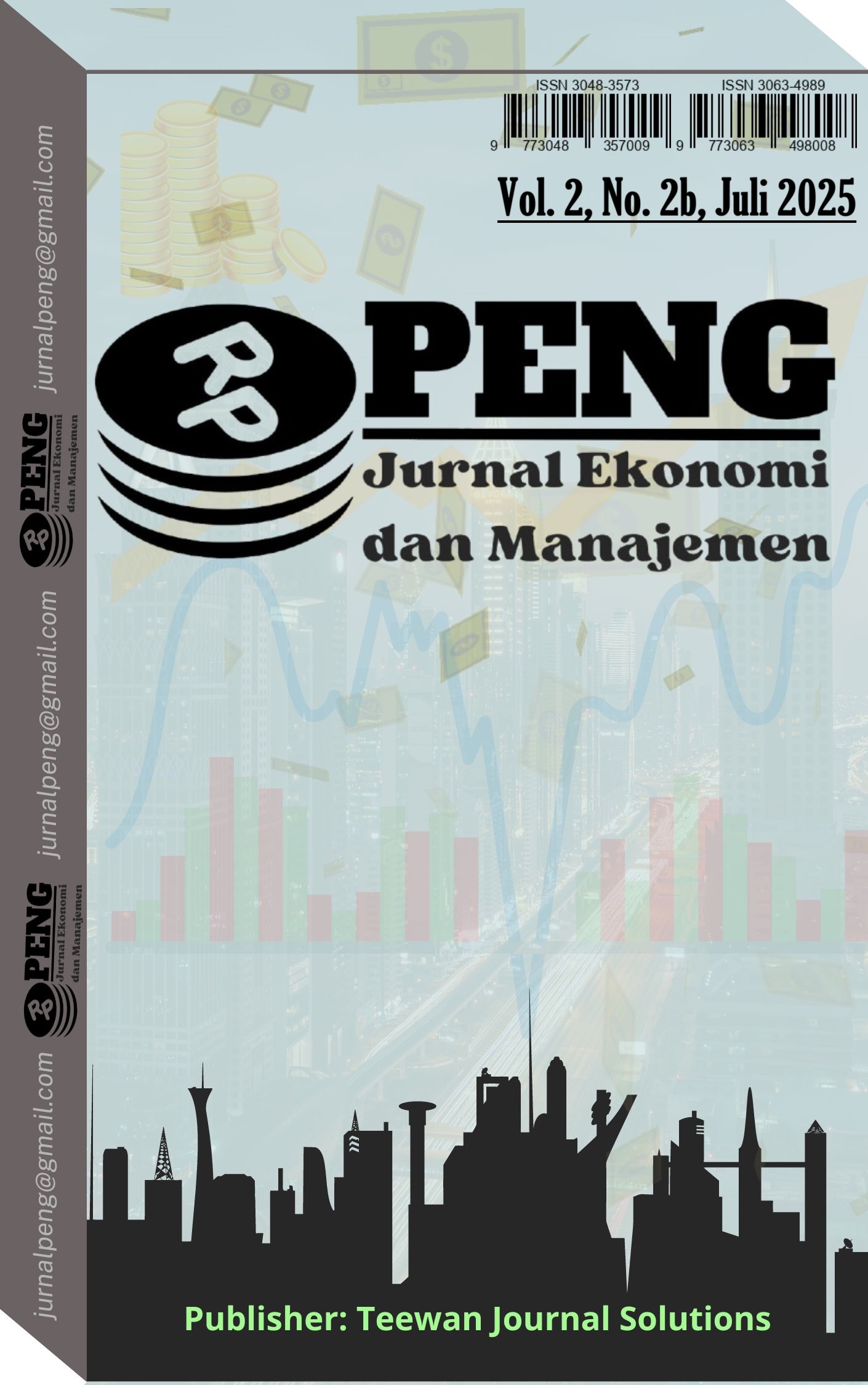Analisis Strategi Etika Bisnis Agensi Hiburan Korea Selatan dalam Menghadapi Fenomena Cancel Culture
DOI:
https://doi.org/10.62710/w4avmh15Keywords:
Cancel Culture; Reputation; Business Ethics; South Korean Entertainment AgenciesAbstract
This study explores the ethical business strategies of South Korean entertainment agencies in responding to the growing challenge of cancel culture within the entertainment industry. In a landscape highly sensitive to public morality, the reputations of both artist and agencies can collapse under intense ethical scrutiny. Using a qualitative case study approach, the research collects data from official agency statements, media reports, and public reactions. Findings reveal that agencies often prioritize the company’s and group’s image over individual artists, especially in cases involving legal or moral violations. Speed, transparency, and sincerity in responses can worsen the crisis. The study analyzes notable cases such as B.I’s (Kim Hanbin) drug allegations, bullying controversies involving Kim Garam and Jimin , and scandals linked to Kim Seon-ho and Kim Sae-ron. Results indicate that although the impact on artists’ careers can be severe and long-term, rehabilitation remains possible-as seen in Kim Seon-ho’s case. This research provides valuable insights into reputation management dynamics and ethical pressures within South Korea’s highly public and competitive entertainment culture.
Downloads
References
Adolph, R. (2016). ETIKA BISNIS dalam berbagai perspektif.
CHAPTER 5 CORPORATE REPUTATION, IDENTITY AND TRUST. (n.d.).
Hwang Su-yeon. (2021, October 20). “Kontroversi Kehidupan Pribadi” Kim Seon-ho ‘Saya ingin meminta maaf dengan tulus kepada orang yang terluka’ . naver.
Juniman, P. T. (2023). Analisis Kritis Fenomena Cancel Culture dan Ancaman terhadap Kebebasan Berekspresi. Al-Adabiya: Jurnal Kebudayaan Dan Keagamaan, 18(1), 1–14. https://doi.org/10.37680/adabiya.v18i1.2451
Lee, J., & Abidin, C. (2024). Backdoor advertising scandals, Yingyeo culture, and cancel culture among YouTube Influencers in South Korea. New Media and Society, 26(1), 405–425. https://doi.org/10.1177/14614448211061829
Lee, Y., & Tulcanaza-Prieto, A. B. (2024). The Effect of Corporate Governance on the Degree of Agency Cost in the Korean Market. Risks, 12(4). https://doi.org/10.3390/risks12040059
namu.wiki. (2025, June 4). B.I drug use case . Namu.Wiki, 1–1.
OECD Principles of Corporate Governance - 2004 Edition. (2004). Organization for Economic Cooperation & Development.
Ospanova Rozaliya Staff Report. (2025). [2025 April Feature] Cancel Culture in Korea .
Putri Febrianti, N., Ahmad, Z., Osman, S., & Nimatu Rohmah, A. (2023). The K-Pop Fans Perception Over a Cancel Culture Phenomenon. JURNAL LENSA MUTIARA KOMUNIKASI, 7(1), 64–74. https://doi.org/10.51544/jlmk.v7i1.3862
Ramadhanty, R. I., Bajari, A., & Damayanti, T. (2025). Cancel Culture in South Korea’s Entertainment Industry: Media Framing through the Lens of Deviance. Journal La Sociale, 6(2), 515–523. https://doi.org/10.37899/journal-la-sociale.v6i2.1978
Ressy Octaviani. (2024, December 15). Cancel Culture di Industri Hiburan Korea Selatan. 1–1.
Sarah Cho. (2022, May 19). HYBE Shares Response To LE SSERAFIM ’s Kim Garam ’s alleged Victim’s New Statement. Soompi, 1–1.
Sarjono, H., Zetta, A., Sitorus, G. C. M., & Soeratin, B. S. (2024). Analyzing YG Entertainment’s Financial Impact: Addressing Brand Image Decline and Solutions. Business Economic, Communication, and Social Sciences Journal (BECOSS), 6(3), 227–237. https://doi.org/10.21512/becossjournal.v6i3.11937
Schofield Clark, L. (2016). Zizi Papacharissi, Affective Publics: Sentiment, Technology, and Politics. In International Journal of Communication (Vol. 10). http://ijoc.org.
SKRIPSI STUDI BUDAYA BOIKOT (CANCEL CULTURE) DI KOREA SELATAN. (n.d.).
Downloads
Published
Issue
Section
License
Copyright (c) 2025 Tariza Mega Pratiwi Garini, Halimah Zahrah, Aulia Silvana, Haura Nurul Ilmi, Naura Rahadhatul Aisy (Author)

This work is licensed under a Creative Commons Attribution-NonCommercial-ShareAlike 4.0 International License.










